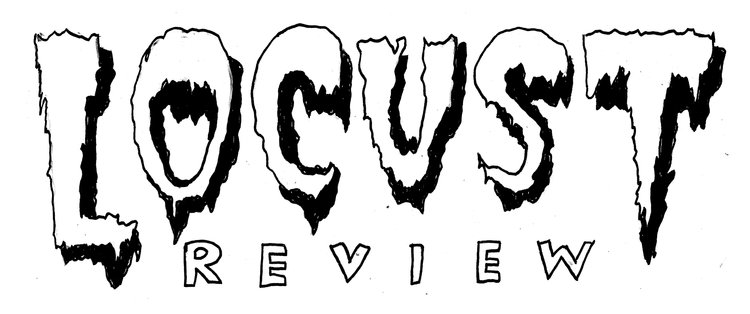2019 IS THE centenary of the greatest labor action in Canadian history: the Winnipeg General Strike. May 15th, 1919, in solidarity with striking construction workers 2/3rds of Winnipeg’s population went on strike. The city was paralyzed, the ruling class, seeing echoes of the Russian revolution two years earlier, were terrified. State and business interests, represented by the so-called, “Citizen’s Committee of 1000” conspired to break the strike. The Winnipeg Police force walked off the job in solidarity and an army of well-paid goons were quickly assembled. The combined forces of the bourgeois media were used to defame the strike and the strikers’ own newspapers were shut down for “seditious activity”. The strike leaders were eventually arrested under the authoritarian War Measures Act. Shortly thereafter the strike came to its dramatic climax on what was called Bloody Saturday, a riot that left two dead and dozens wounded. On June 26th, in an effort to curb more violence, the strike was called off.
One hundred years and a day later Remembering the Winnipeg General premiered in Toronto. Remembering the Winnipeg General is a Brechtian vaudeville history of the event. Two performers tell the story of the strike playing all the characters through cunning use of hats, moustaches and silly voices. The performers will pick up a character for a line or a monologue before abandoning them and switching to a modern, playfully ironic, editorial position. This position allows them to draw parallels between the events of the strike and modern struggles with immigration, exploitation and structural violence. It also allows them to do kinda dated Miley Cyrus bits for fun. There are also a number of songs throughout which break up the narrative and lighten (or darken) the mood. The show is done almost fully in direct address and the performers halt the production a number of times to take a straw poll on contentious issues. “Some of us here think it’s high time for another general strike” one character says, “If that’s to happen we’ll need to settle a few things first.” The audience is asked to pick a side on questions of the police, international solidarity and, as we see in this passage, the destruction of property.
This passage of the play comes from near the end of the play. The leaders of the strike have just been arrested and a silent parade is announced by the strikers in response.
Subscribe to Locust Review for as little as $1 a month.
Submit work to Locust Review by e-mailing us at locust.review@gmail.com.

